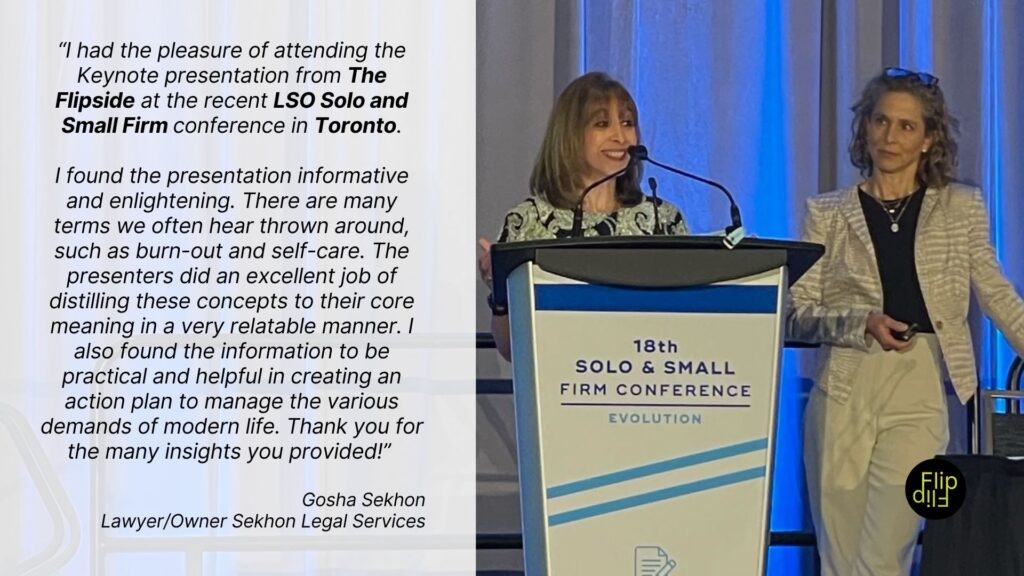Brain
Sweet or Sugar?

Do you like sweet tastes, or do you find yourself wanting sugary foods constantly? So, it seems that liking “sweets” is not the same as wanting sugar. On the contrary, there seems to be little connection between the two. This article will aim to explain the difference between liking sweet tastes and wanting sugar as well as help you navigate through your sugar cravings (or at least provide you with some useful knowledge).
The taste system.
Let’s start with a summary of the sense of taste. The taste system has one main responsibility: to evaluate the nutritious content of the food we eat and prevent us from taking toxic substances. The reason why we taste is twofold: on the one hand, allows the body to get all the required nutrients to survive and strive and on the other hand, it prevents us from ingesting dangerous ones that may harm us. Our body is so smart!
So as humans, we are hardwired with a palette of five tastes: sweet, salty, sour, bitter and umami (a Japanese word that means “yummy”, and in humans is mostly associated with MSG found for example in seaweed, aged cheese, and mushrooms). This palette of five basic tastes guarantees we meet all the necessary dietary needs our body and brain require.
Five tastes at work.
Sweet identifies energy-rich nutrients. Salt ensures proper electrolyte balance. Sour prevents the ingestion of spoiled acids. Bitter warns us against potentially toxic chemicals. And, umami recognizes amino acids and proteins as essential macronutrients. As an interesting fact, most bitter taste receptors are in the back of the tongue, as the last checkpoint before swallowing a spoiled or noxious element. Bitter and sour taste cells work as a defence mechanism for self-protection.
The tastes that we are born to like are sweet, salty and umami. As we grow and develop, we learn how to like sour and bitter tastes, and we may also evolve to dislike salty, sweet or umami based on knowledge or experience. This is what we call an “acquired taste”.
So now you know that we are hardwired with taste buds to be able to meet our dietary needs and that one of the likeable tastes is “sweet”. We also know that the body identifies (and seeks) sweet tastes as the main source of energy to strive and survive. For millions of years, humans accessed sweet nutrients through whole plants such as fruits or other minimally processed sources such as honey. And yes, even way back then in the cave era, humans liked sweets and maybe even craved … wild blueberries.
We all like a sweet taste. But do we all want it?
Before diving into sugar, let’s briefly understand (in very simple terms) how our caveman friend’s body processed the so-craved wild blueberries while hunting. Sugar from plants such as fruits comes in a full unbreakable package: they are rich in fibre, minerals, macros, micros, and polyphenols. All these elements help your gut process the sugar in the fruit and activate a set of functions in your organism that sends signals to your brain to let it know that you have available glycogen (energy or fuel) to use. Our friend, the caveman, who might have wanted sugar to keep on with his journey, is now satisfied with the sugar provided by the blueberries. He still “likes” sweet tastes but does not “want” (or crave) more sugar.
A bit of science.
Sugar is a fundamental source of energy and most species have evolved dedicated brain pathways to seek, recognize and motivate its consumption. Humans are no exception. We can develop a strong preference for sweets even if we lack sweet taste receptors, indicating that there is a self-protecting mechanism in the brain which is independent of taste.
In simple terms, studies suggest that humans want sweet because it does give a “feel good” sensation even if you are unable to taste it. Sweetness, in the form of blueberries or a bucket of ice cream, will give your body energy, but here is the deal: One will satisfy your brain’s need for glucose (the fruit) while the other will make you feel good temporarily due to the high levels of sugar in the blood and then, soon after, create the need for more sugar, initiating a hard cycle to break (the addictive cycle of sugar).
Sugars.
Processed, refined or artificial sugar has been stripped from all the natural by-products the cavemen benefitted from when eating the blueberries, the multidimensional whole food that nurtures many tissues and functions of the body, and … sends the accurate signal of energy to your brain. Sugar (even artificial sugars) has the power to go directly to your blood through the gut lining without activating any of the natural and required processes in your organism that send signals to the brain saying, “Enough energy has arrived”.
The real problem with “wanting sugar” is not in the body, it is in the brain. With the excess of sugar in most of the food options in the market, our brain is not getting the right signals, and due to this information deficit, the brain “wants more”. It is no wonder then, why in the 1800s Americans consumed an average of 4.5 kgs of sugar per year, and in 2020 the consumption per person every year is 45 kgs of sugar. That is the equivalent of feeding your children 31 sugar cubes per day, every day!
What to do?
Now, you start to get the difference between liking sweet tastes and wanting sugar. One is a physical response hardwired from birth into the human condition, and the latter concerns the brain. How do we gauge the “want for sugar”? How to manage sugar cravings?
Remember two things: the first one is that your brain will get the right message if fed with a full-packaged sweet such as fruit. If your body has a craving for something sweet, try a date, prunes, sweet potatoes, coconut, bananas, or berries and let the accurate information flow to your brain while your gut processes the fibre and other nutrients.
The second thing to keep in mind is that refined, processed and artificial sugar (even hidden sugar in processed foods), far from diminishing the craving, seems to reinforce it because the “accurate” message is not getting to your brain, keeping your brain “wanting more”.
Sugar addiction is a thing, and your brain will cry out for sugar if you would like to reverse the cycle. Hold in there, drink plenty of water, have some fruits handy and in a week’s time, you will start feeling how your energy naturally regulates and your cravings and mood swings will start to vanish.
Hope this article and references help you understand why we keep wanting more … sugar.
Stay well,
Rosana





